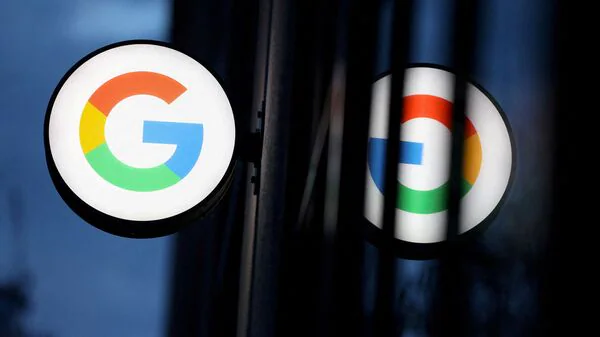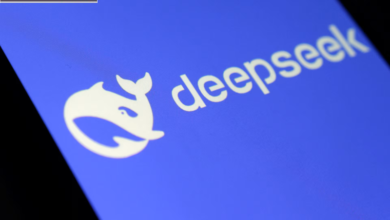US Judge Rules Google Violated Antitrust Laws in Landmark Decision

News Mania Desk/Agnibeena Ghosh/6th August 2024
In a groundbreaking ruling, a US District Judge has determined that Google has unlawfully leveraged its dominant market position to suppress competition and hinder innovation. This landmark decision, issued by Judge Amit Mehta, marks a significant moment in the ongoing antitrust battle against one of the world’s most recognizable companies.
The decision comes nearly a year after the initiation of the trial, which pits the US Justice Department against Google in what is considered the most significant antitrust case in decades. Judge Mehta’s ruling follows a comprehensive review of extensive evidence, including testimonies from leading figures at Google, Microsoft, and Apple, which were presented during a 10-week trial last year. The ruling was delivered three months after the final arguments from both parties were made in early May.
Judge Mehta’s 277-page ruling declares Google a monopolist that has exploited its dominant position to maintain its monopoly. This ruling is a severe blow to Google and its parent company, Alphabet Inc., which had maintained that its search engine’s immense popularity was a result of superior service and consumer preference. Google’s search engine processes approximately 8.5 billion queries daily, reflecting its entrenched position in the global market.
The ruling is expected to have far-reaching implications for the internet landscape and could potentially lead to significant changes in how Google operates. The case, initiated by the Justice Department nearly four years ago, has escalated under both the Trump and Biden administrations, reflecting growing concerns over Big Tech’s power.
Judge Mehta’s decision highlights Google’s substantial spending to ensure its search engine is the default option on various devices. In 2021 alone, Google reportedly spent over $26 billion on securing these default agreements. Google argued that users have the freedom to switch search engines if dissatisfied, pointing out that Yahoo was once a leading search engine before Google’s rise.
However, Judge Mehta emphasized the critical role of default settings in maintaining Google’s dominance, noting that Microsoft’s Bing search engine holds an 80% market share on the Microsoft Edge browser, illustrating that other search engines could succeed if Google was not the preset option.
The ruling also acknowledges Google’s high-quality product as a contributing factor to its market leadership. Yet, it sets the stage for further legal proceedings to determine appropriate remedies or penalties to restore competitive balance in the market. Potential outcomes could range from significant structural changes within Google to more modest adjustments aimed at fostering competition.
The decision could echo the effects of the antitrust case against Microsoft in the late 1990s, which similarly targeted the company’s abuse of its operating system dominance. That case eventually provided more opportunities for competitors, including Google, which now faces a situation that could benefit rivals such as Microsoft. With Microsoft already valued at over $3 trillion and gaining ground in artificial intelligence, the ruling could further influence the competitive dynamics in the tech industry.
Microsoft CEO Satya Nadella, who was a key witness in the trial, expressed frustration with Google’s exclusive agreements, which he claimed stifled competition despite Microsoft’s significant investments in improving its Bing search engine.
Google’s legal challenges are far from over, with additional antitrust lawsuits pending both domestically and internationally. A federal trial in Virginia is scheduled for September to address allegations that Google’s advertising technology also constitutes an illegal monopoly, potentially leading to further scrutiny and regulatory action against the tech giant.






